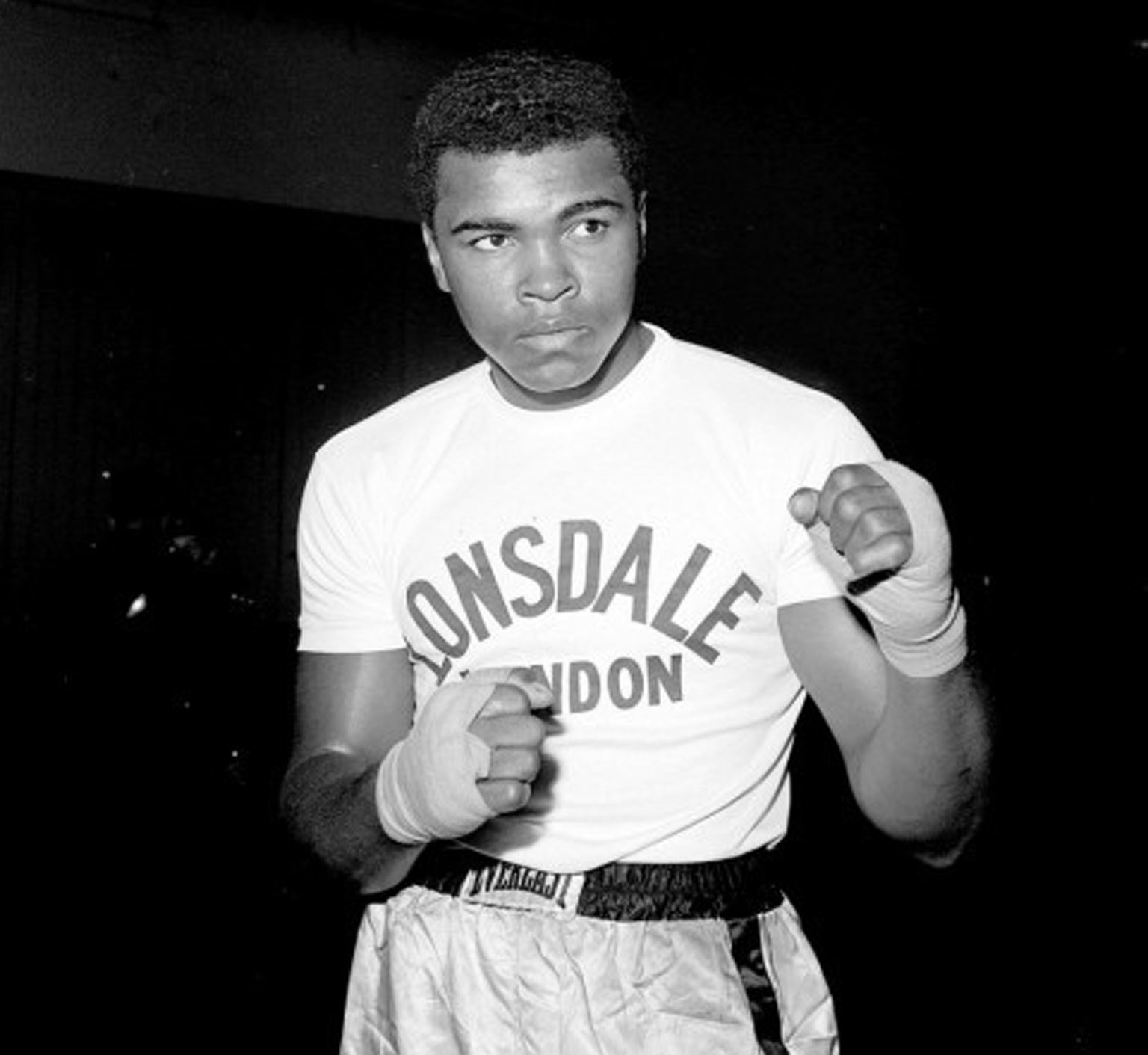America is like Ali doing the rope-a-dope – but can it last?
Das Capital

On 30 October 1974, Muhammad Ali, the former Champion of the World, fought the incumbent George Foreman for the Heavyweight Boxing Championship.
Having served a three-and-a-half-year suspension from boxing for refusing the draft to fight in Vietnam, Ali was past his prime. His previous attempt to regain the title had ended in a bruising defeat to Joe Frazier.
The younger, heavier-punching George Foreman was expected to win easily. Ali’s fans hoped he would not be humiliated, hurt or worse. But Ali unexpectedly won, knocking out the undefeated champion in the eighth round.
The aging Ali’s victory was the result of a clever strategy. Early in the contest, Ali used unconventional (and provocative) right-hand leads to disorient the champion. Then, Ali deployed the famed “rope-a-dope”.
His trainer Angelo Dundee allegedly loosened the ropes around the ring enabling Ali to lean back and cover up, letting Foreman punch himself out in the stifling heat of Kinshasa in the Democratic Republic of Congo (then Zaire). Ali was ultimately able to knock out a tired and dispirited Foreman to regain the title.
The Rumble in the Jungle showed Ali’s ability to absorb ferocious punishment and his shrewd tactical thinking, adjusting to his aging body and negating his opponent strengths.
Forty years on, US economic strategy resembles the famed rope-a-dope. America has absorbed ferocious punishment in the current economic downturn. Despite weaknesses, it remains capable of dominance. US strategic superiority may allow it to maintain its geopolitical and economic advantage.
There remain serious risks and challenges, any one of which could damage America’s position. To paraphrase Clayton Williams, a Republican who lost the 1990 Texas gubernatorial race after a series of gaffes: Americans shot themselves in the foot and reloaded.
There is an urgent need to address America’s deteriorating public finances, especially unfunded social welfare obligations such as Social Security, Medicare and Medicaid. State and municipal finances are poor and need urgent attention. Pension schemes in both the public and private sectors are in urgent need of reform.
The tax system is complex, inequitable and creates undesirable distortions. America’s infrastructure is dated and needs urgent renewal.
Labour force policies need reform. High structural unemployment and elevated youth unemployment, exacerbated by the recession and lacklustre recovery, pose social and economic problems. Employment opportunities for low-skilled workers are limited due to the effects of technology and globalisation. Rising income inequality and the lack of wage growth are major concerns.
There is a need to improve productivity. Recent productivity growth, achieved mainly through the elimination of many low to moderately skilled jobs and their replacement with technology, is not sustainable.
Crucially, the political process remains dysfunctional and gridlocked, impeding progress on vital policy issues. As that astute observer of America Alexis de Tocqueville noted: “There are many men of principle in both parties in America, but there is no party of principle.”
American attitudes to other nations also continue to raise resentment, posing significant risks. The US ambassador to the UN, Samantha Power, recently articulated the attitude: “This country is the greatest country on earth. I would never apologise for America.”
Predictions about American decline are not new. The former Secretary of State Henry Kissinger observed: “The US cannot afford another decline like that which has characterised the past decade and a half… Only self-delusion can keep us from admitting our decline to ourselves”. That was in 1961.
In 1979, the best-selling book Japan Number 1 forecast Japanese world domination. In the 1990s, it was the Asian tigers. Japan collapsed in 1989 and has never recovered. The Asian tiger economies crashed in 1997-98 and have only recently recovered to pre-crisis levels. It is now China’s turn, apparently.
Unlike previous empires which have declined, such as Great Britain’s, the US has crafted a unique position built on its advantages in economic power, global finance, military capability and geopolitical role.
Otto von Bismark once said: “I am firmly convinced that Spain is the strongest country of the world. Century after century trying to destroy herself and still no success.” He might well have been speaking about the US.
But the Rumble in the Jungle offers a cautionary postscript. Ali might have won against Foreman but he was permanently weakened as a result of the punishment sustained in that fight and his previous bouts, especially against Joe Frazier. The victory and regaining of the World Championship marked a final highlight in his career and the beginning of a drift into irreversible decline.
Subscribe to Independent Premium to bookmark this article
Want to bookmark your favourite articles and stories to read or reference later? Start your Independent Premium subscription today.

Join our commenting forum
Join thought-provoking conversations, follow other Independent readers and see their replies